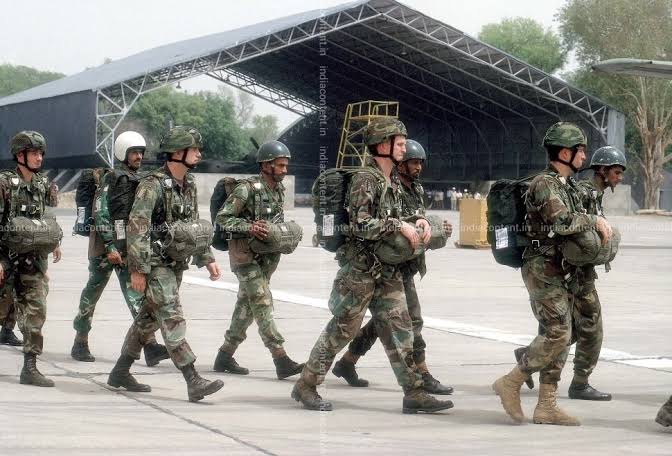The Ministry of Home Affairs (MHA) has instructed multiple states to conduct nationwide civil defence mock drills on May 7, in a proactive move to assess and enhance preparedness in the event of hostile attacks. The directive comes amid heightened security concerns following the recent terror attack in Pahalgam, which resulted in the loss of 26 lives.
The mock drills will involve a series of strategic exercises aimed at strengthening the country’s internal defence mechanisms and civilian readiness. Key activities planned include the testing of air raid sirens, training civilians and students on self-protection, implementation of blackout protocols, camouflaging critical infrastructure, and rehearsing evacuation procedures.
Key Measures to Be Undertaken:
- Air Raid Siren Testing: Air raid warning systems will be activated and evaluated for operational efficiency to ensure timely alerts during aerial threats.
- Civil Defence Training: Civilians, including students, will receive basic training on emergency response, shelter use, first aid, and evacuation protocols.
- Crash Blackout Readiness: Strategic locations will undergo crash blackout drills to assess the capability to reduce visibility during potential airstrikes.
- Camouflaging of Vital Installations: Important facilities such as power stations and defence depots will be evaluated for camouflage readiness to reduce vulnerability to surveillance and precision attacks.
- Evacuation Plan Rehearsals: Authorities will update and practice evacuation strategies to ensure swift and safe relocation of populations in high-risk areas.
These coordinated efforts reflect a broader push by the government to bolster national security, improve community-level preparedness, and reinforce civilian protection mechanisms. The drills are intended to identify potential gaps in the country’s civil defence infrastructure and ensure swift, coordinated action in the event of future threats.



